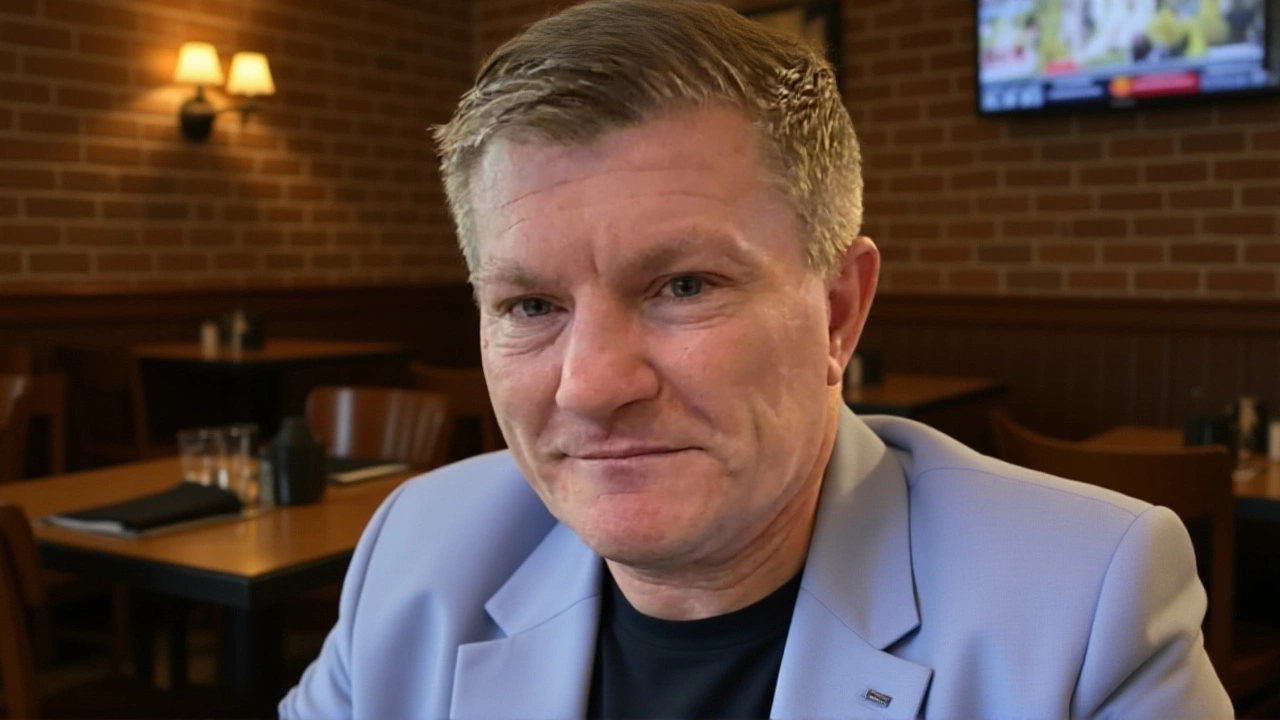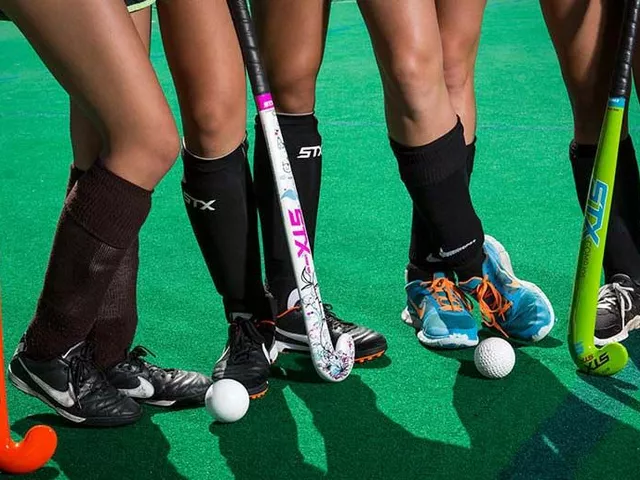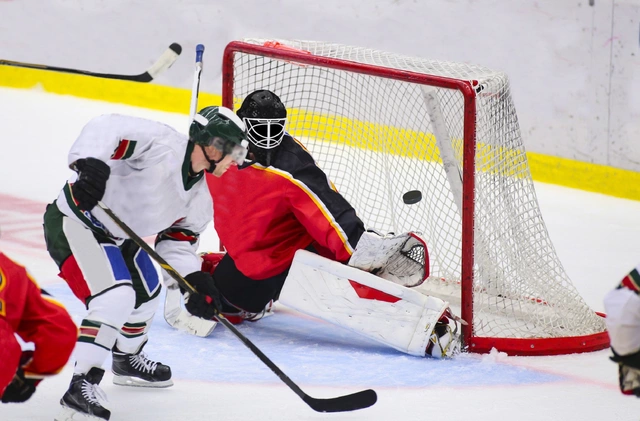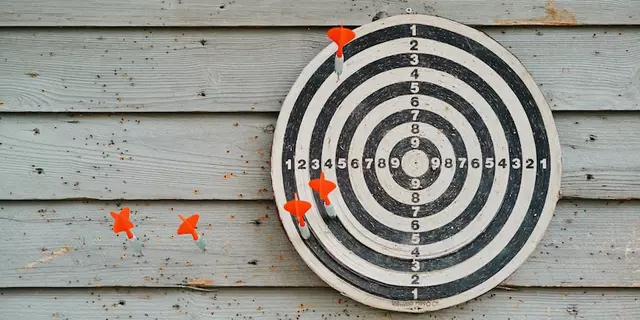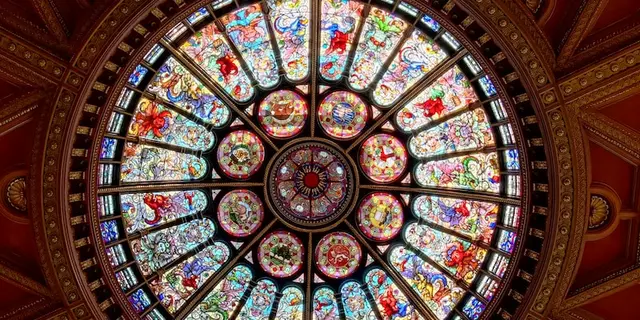Palestine protest
When talking about Palestine protest, public demonstrations that call for rights, recognition, and an end to conflict in the region, you are looking at a form of political expression that has been visible worldwide for decades. These gatherings range from peaceful marches in city squares to larger coordinated actions that draw media attention. The core aim is to highlight perceived injustices and push governments, NGOs, and the public toward change. While each protest has its own local flavor, the overarching theme is a demand for fairness and a call for dialogue.
Related forces shaping the debate
Key to understanding the Palestine protest are three intertwined concepts. First, human rights activism, efforts that protect civil liberties and push for equitable treatment under the law provides the moral foundation for many demonstrators. Second, sports activism, the use of athletic platforms to raise social or political issues has become a powerful megaphone, turning stadiums into stages for protest messages. Finally, freedom of expression, the legal right to voice opinions without censorship acts as the legal backbone that protects protesters from undue suppression. Together, these entities create a network: human rights activism fuels the moral case, sports activism spreads it to wider audiences, and freedom of expression shelters it from legal threats.
That network shows up in real‑world examples from our post collection. The debate over the Chicago Blackhawks jersey, for instance, illustrates how sports symbols can trigger cultural conversations – a clear case of sports activism intersecting with human rights concerns. Likewise, the Pope’s apology on LGBTQ+ language mirrors how religious leaders engage with freedom of expression debates, reminding us that activism isn’t confined to the streets. Even a quirky question like whether a hockey stick can be taped for street play hints at how everyday equipment becomes a canvas for protest symbols. By linking these threads, we see that the Palestine protest is not an isolated event but part of a broader dialogue that includes sports, religion, and civil liberties. Below you’ll find a range of stories that reflect these connections, offering deeper insight into how public demonstrations influence and are influenced by the worlds of hockey, media, and social justice.
Charlotte Church led a pro‑Palestine choir in Wales, prompting UK tabloids and anti‑antisemitism groups to condemn the slogans while she defended the humanitarian intent.
Read more
